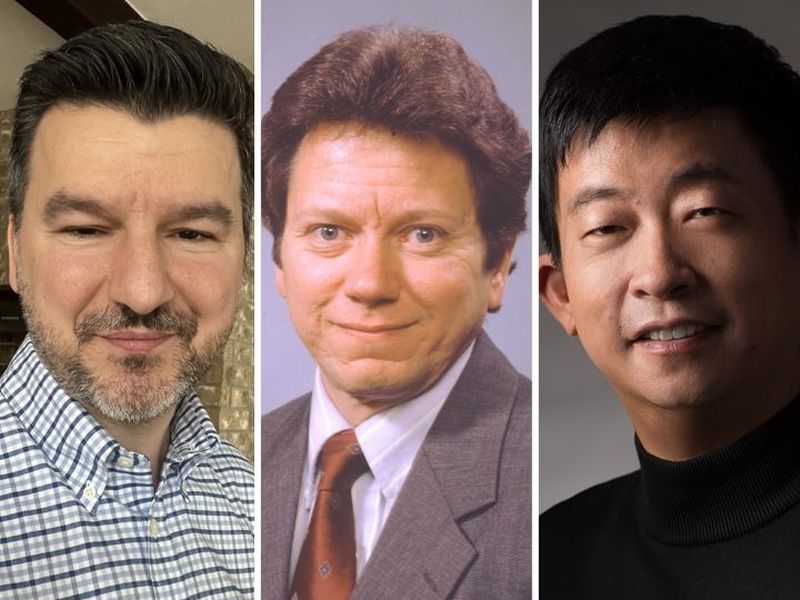To tackle the challenges of a shrinking wireless spectrum, the University of Houston has joined the Spectrum Management with Adaptive and Reconfigurable Technology (SMART) Hub – a Department of Defense Spectrum Innovation Center to conduct multifaceted spectrum research to meet national defense needs.
The center, led by Baylor University, is a collection of researchers, engineers and economic and policy experts looking to enact a paradigm shift in the use and management of the wireless spectrum.
SMART Hub will develop next-generation technologies for unprecedented spectrum agility, to revolutionize the increasingly crowded communication spectrum used by both U.S. Defense efforts and the population at large. Members of the SMART Hub research team will contribute expertise in communication systems, radar, circuits, spectrum security, economics, policy and more.
At the University of Houston, David Jackson, professor of electrical and computer engineering; Zhu Han, Moores Professor of electrical engineering; and Daniel Onofrei, associate professor of mathematics are joining forces to serve on the SMART Hub. The trio will produce strategies for enhanced communication in complex environments, like forests, inner city environments, mountainous terrains or regions having electromagnetic interference.
"We will work on adaptive and reconfigurable antenna designs and associated optimization problems to develop improved communication systems within such complex electromagnetic environments,” said Jackson and Onofrei.
Han will develop digital twins for wireless communication scenarios that can help an organization simulate real situations and their outcomes, ultimately allowing it to make better decisions.
“We will also develop a particle filtering algorithm for better wireless object tracking of moving objects like planes and vehicles,” said Han.
Directed by Charles Baylis, professor of electrical and computer engineering at Baylor, SMART Hub will organize research efforts of 29 researchers at 17 institutions to enable a revolution in how the world uses the wireless spectrum.
The spectrum explained
When you watch television, listen to the radio, or grab your cell phone, you’re benefitting from signals sent via the wireless spectrum.
“Now, when you factor in the exponential increase in the number of wireless devices, you can imagine that the spectrum has become crowded to the point that there’s really no spectrum left,” said Baylis.
Exponential growth in devices has jammed the bandwidth available to a point that the U.S. Armed Forces needs new options. Both military and corporate organizations recognize that dwindling space will soon have an impact on their users. The need has led researchers to pursue entirely new approaches to spectrum communication, which will be the focus of SMART Hub.
“We will be working on groundbreaking technology that will revolutionize how we use the spectrum,” Baylis said. “Rather than fixed systems that use the same frequency and stay there, we’re designing systems that can adapt to their surroundings and determine how to successfully transmit and receive. It’s a true paradigm shift that requires the type of collaboration we will have in SMART Hub.”
A full list of the multidisciplinary team who will pursue revolutionary technological advances is available on the SMART Hub website.
- Additional information provided by Baylor University.
